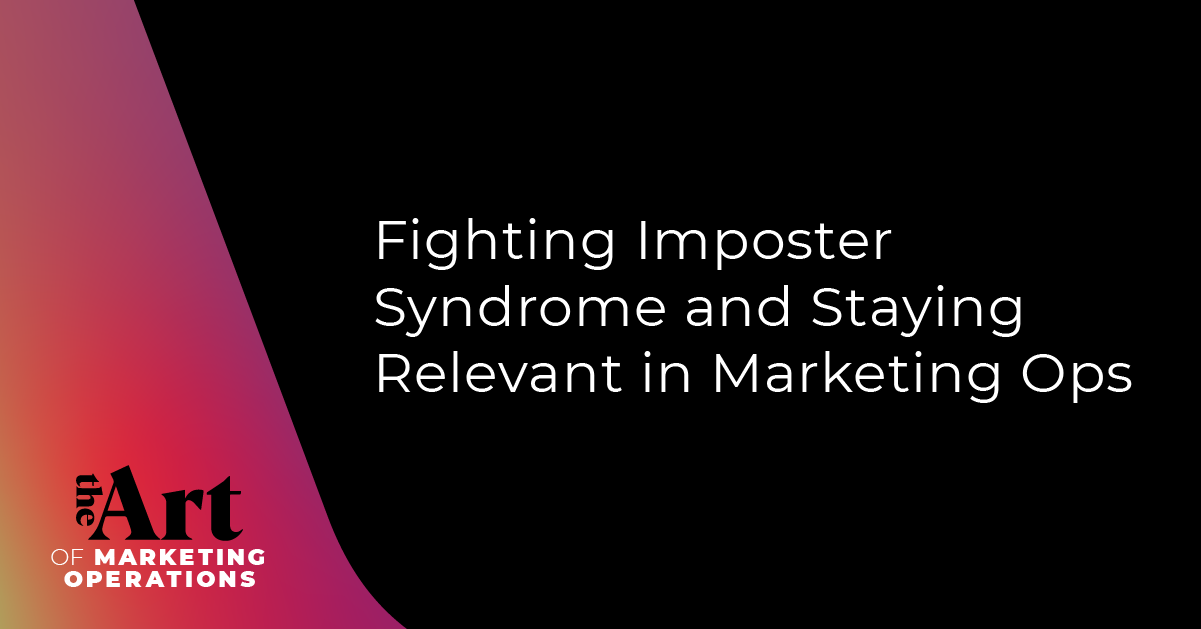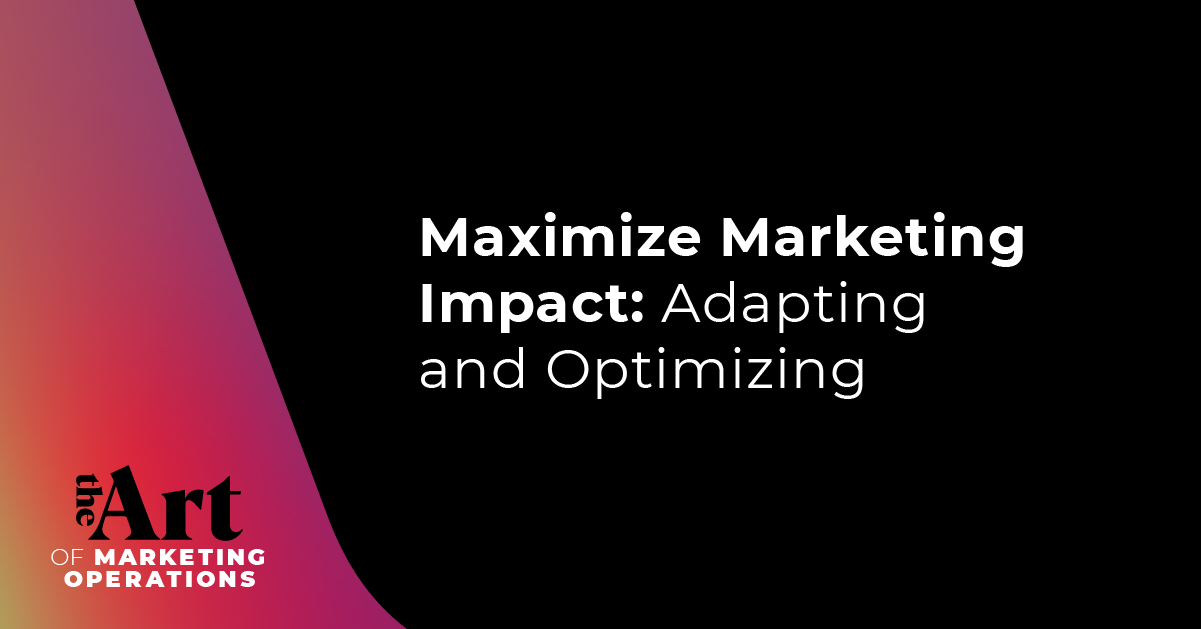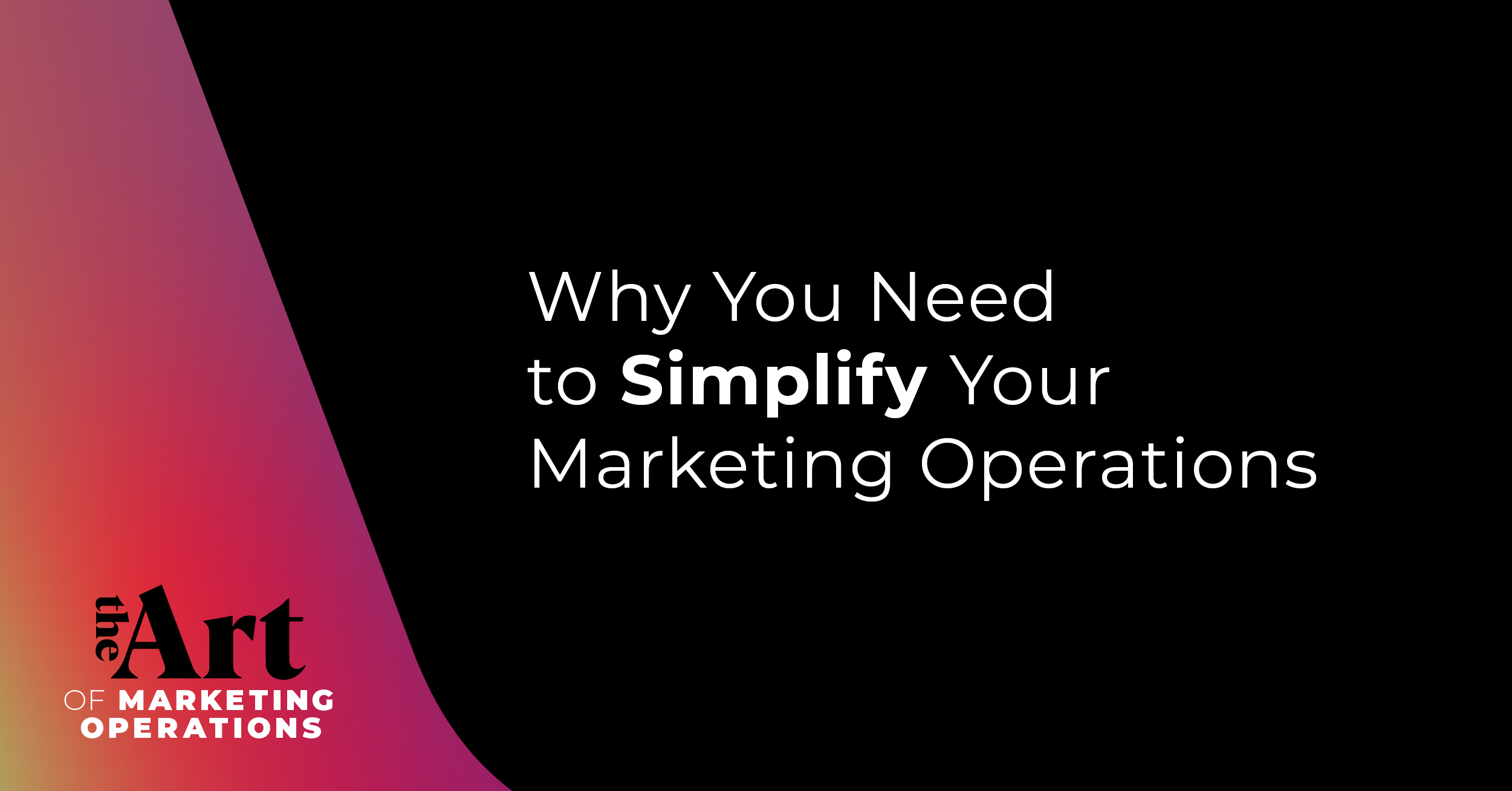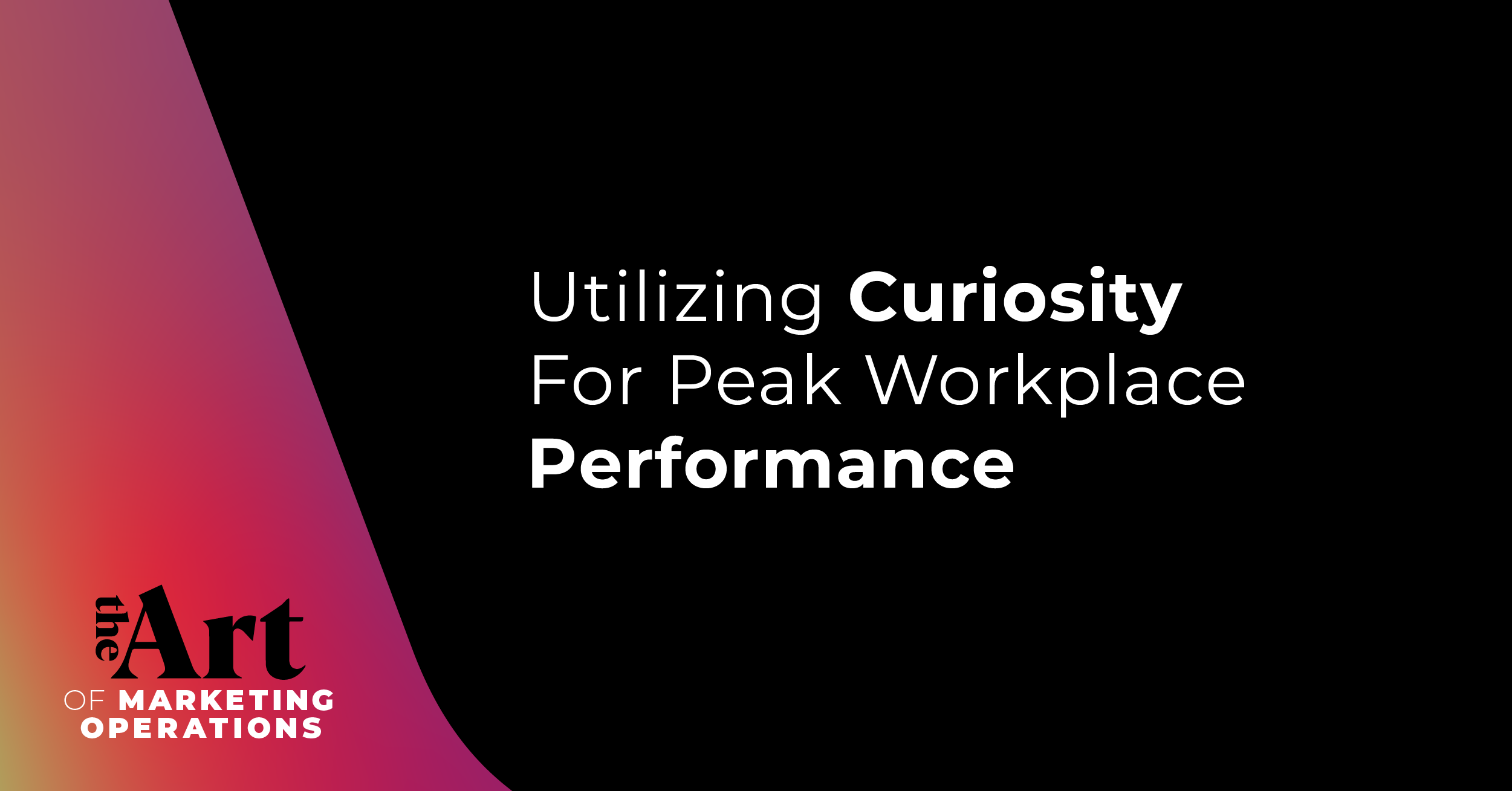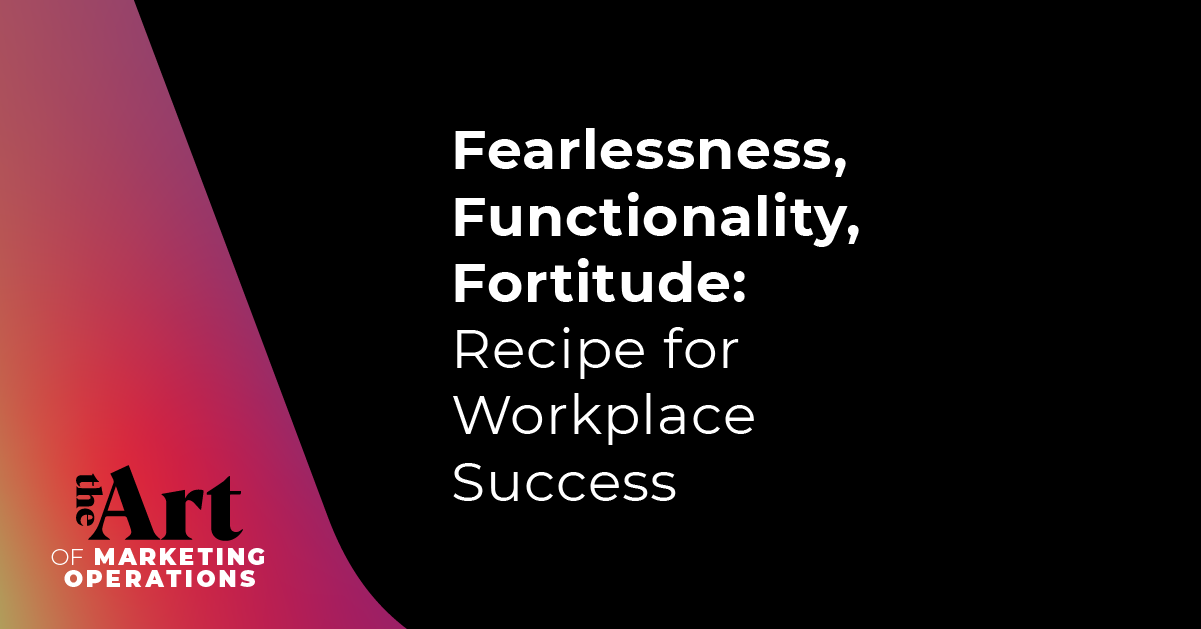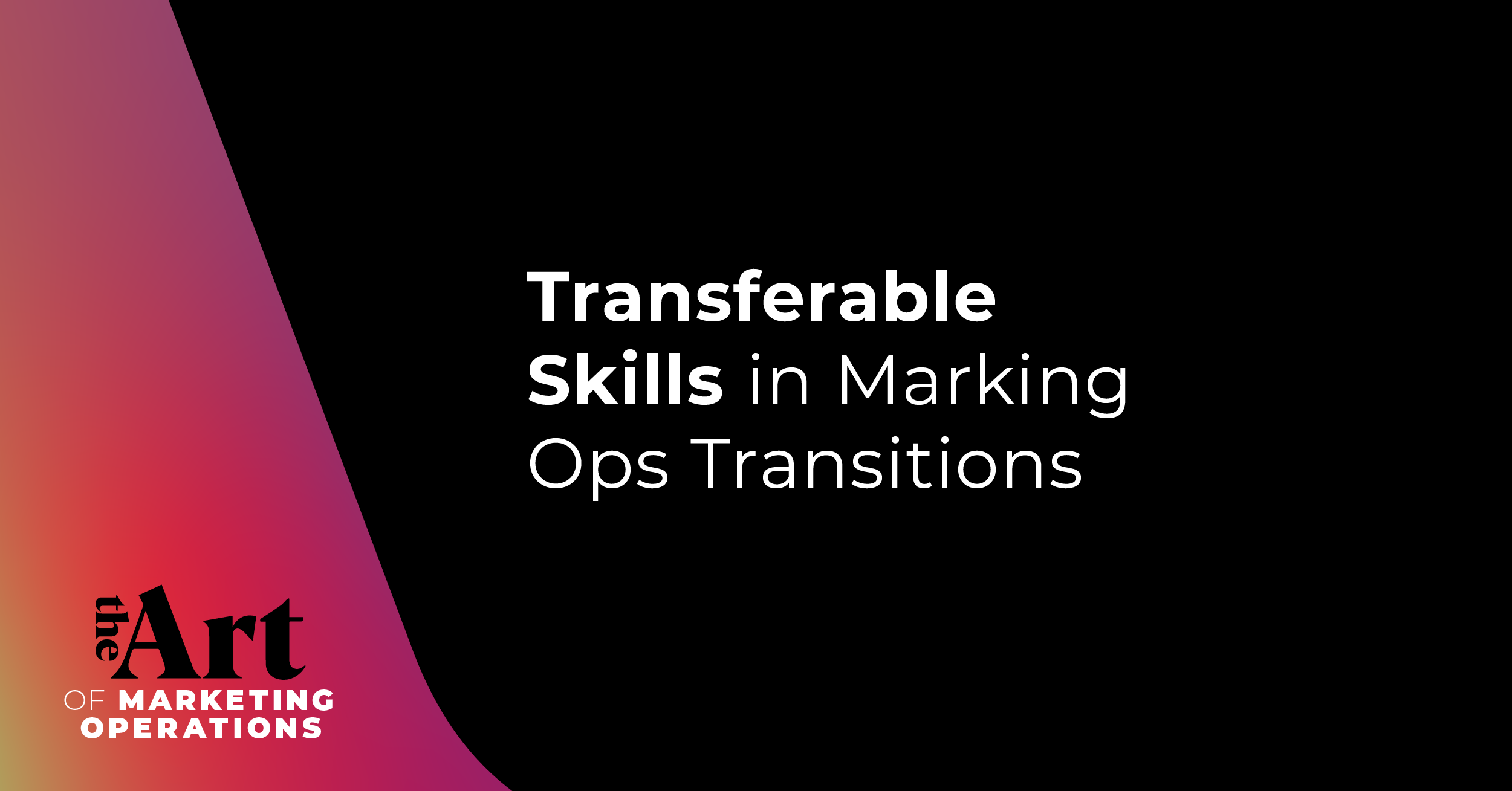Odds are you publish or share regular reporting. Putting together those numbers is probably part of your routine — but when was the last time you thought about why?
Why this data? Why this way? Why at this interval or in this format? While compiling the data might in and of itself feel like a dry exercise, there’s a level of creativity that you can unlock with that simple question: why?
According to Sowmya Kotha, Senior Marketing Manager at Planet, the level of reflection that single-word question prompts is essential to running adaptable, flexible marketing campaigns based on data insights. If you’re just reporting numbers, Sowmya says you’re missing the mark — there’s a whole other world buried within that to explore…if you care to look for it.
The data isn’t the only thing that counts
One of the overlooked elements of data analysis is who is examining the data, Sowmya says. Every person has different backgrounds, sets of experiences, and competencies that make them uniquely suited to data analysis in different ways.
Sowmya’s work history is extensive, and at every stage, she’s interacted with different professionals at different levels — all of whom have interacted with data on different levels and in different ways. The varied experiences and analyses each person brought to the table reminded her that there’s value in inviting people into the mix who don’t view data like you do. After all, growth matters more than anything.
“Over the course of all my years in the field, what I understood quickly is that what I know might not be 100% correct,” she says. “There are people from my team or other teams that know other, better ways of doing things. I’m learning with them and understanding a different way of approaching things.”
That said, conversations about data-related takeaways are just as important as the diverse viewpoints themselves, according to Sowmya. When she discusses data findings, she tries to come up with ways to help others learn so they become stronger marketing professionals.
“It’s a healthy argument,” she says. “I ask them for their rationale and then I disagree. Then, I ask them to come up with an argument for why I’m right or wrong. If they win, we go with what they want to do.”
It’s not a competition about who’s right or wrong — it’s an exercise in defending one’s point of view so everyone else can learn from your conversation.
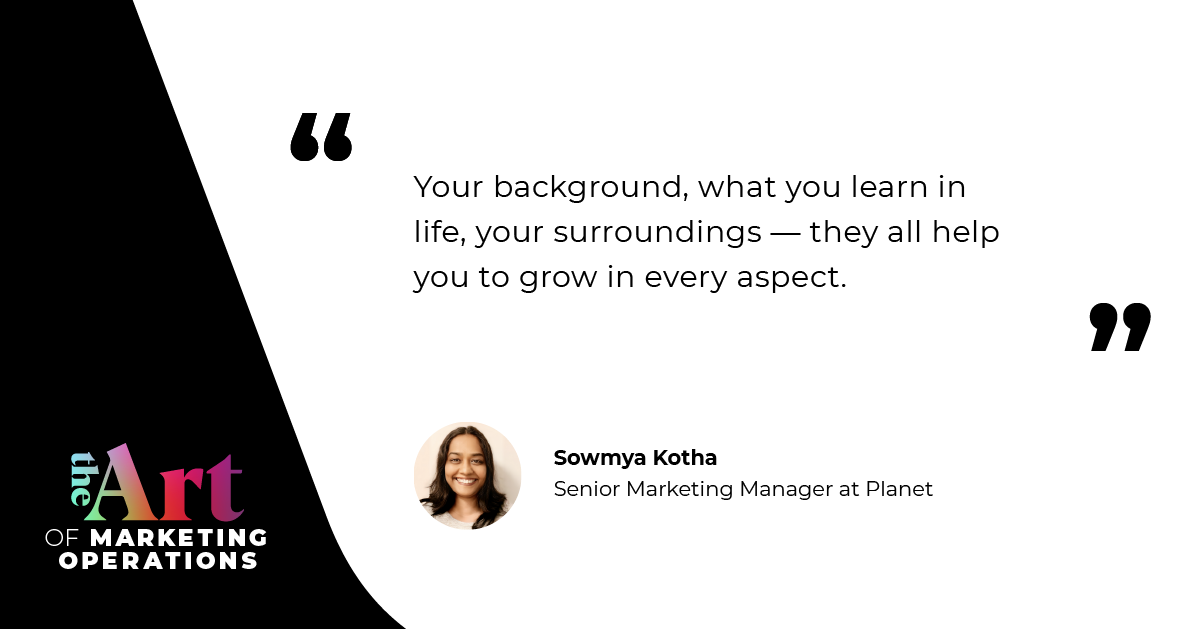
You’re not just delivering data — you’re providing intelligence
Asking questions and making arguments are two good ways to ensure you’re actively involved in the work you do daily, something Sowmya says is crucial to marketing operations.
“Sure, we’re doing things, but why?” she added. “How is this impacting our end goal revenue? Am I really contributing, or am I just leaving after finishing my work?”
These are all questions anyone who works with data should be asking, and Sowmya says there are two key reasons why.
- Knowing the answers to these questions helps keep marketers motivated. If you understand the purpose behind each data point – and what the ideal KPIs are as well – you’re more likely to attempt to innovate and experiment to get the data to where it needs to be.
- Understanding the data as intelligence reframes its purpose. If you’re collecting data just to collect it, that’s not a good use of time. But if you’re producing a report that then leads to concrete marketing or operations actions, that’s meaningful action that leads to results you can own.
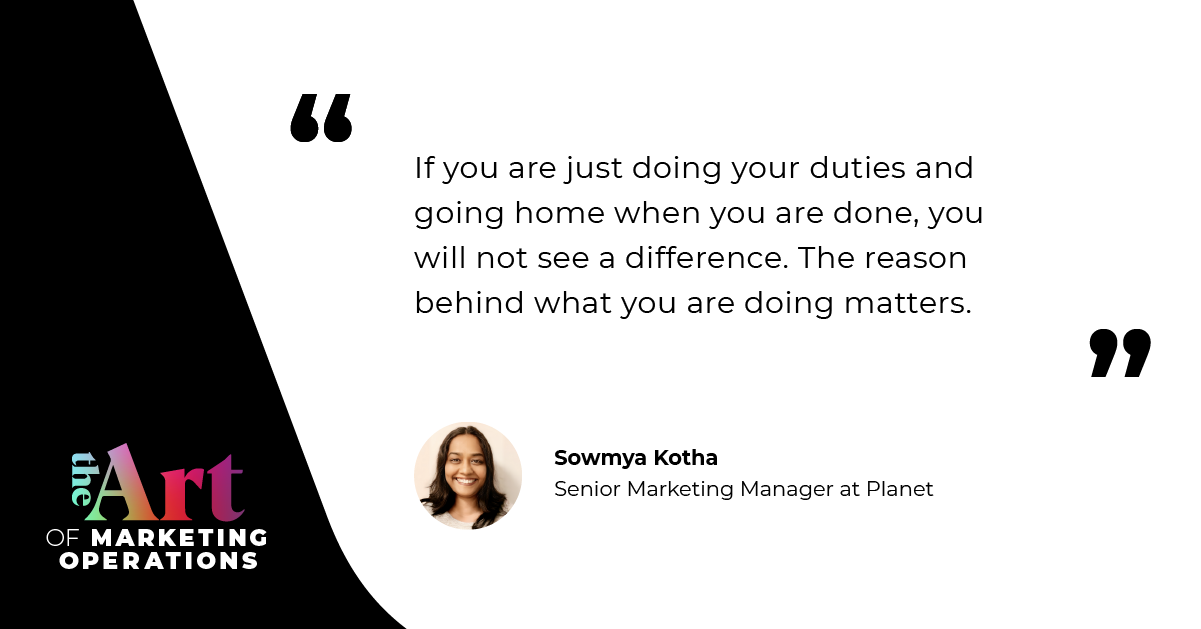
Above all else, prioritize collaboration
Working with clients and marketers all over the world has taught Sowmya the value of context when it comes to interpreting data. But while those approaches might differ, it helps to know that the end goal is always the same.
“At the end, as companies, we all have similar goals,” she says. “We just go with different approaches depending on the country or the people. They know what things work for them and you need to accept and learn from them.”
That’s why collaboration and adaptability are so important on the global marketing stage, she says. Because of those experiences, she’s more willing and inclined to entertain diverse perspectives and ensure she’s thinking about data in the most holistic way she can – something from which every marketer can learn.
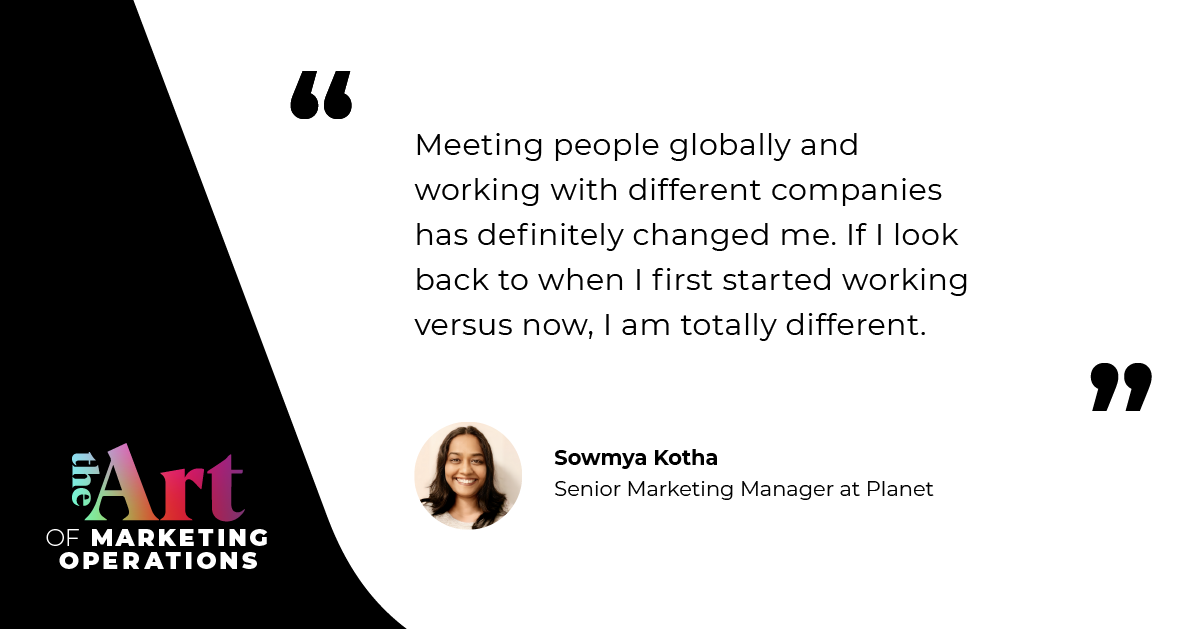
Interested in learning more about how what a reliance on data and a globalized marketing mindset can do for your analytics? Listen on Apple Podcasts, Spotify, or wherever you find your podcasts.





